Now when your baby has turned 8 months old, he must have got habitual of solids by now. So the good news is that now you can give him more variety of foods. In addition to the foods that I shared in my article ‘List of foods for 6-8 months old babies’, now you can include the following foods too in your baby’s diet.
Cereals
Chickpea Four (Besan)
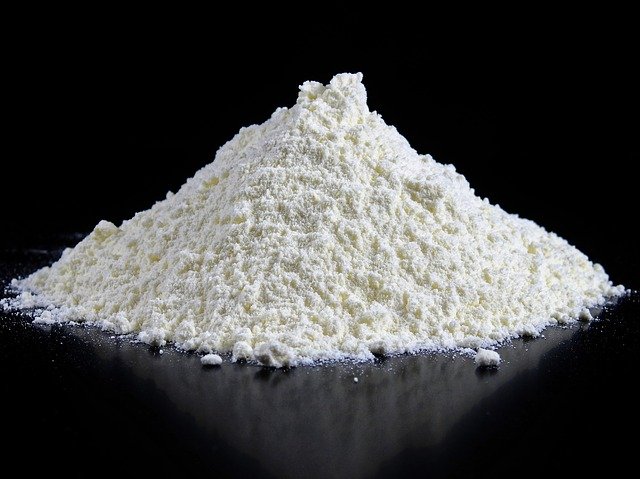
Besan can be started at 8 months. It is very fibrous, and is a good source of proteins, iron, vitamin B6 and minerals (potassium and magnesium).
Oats
Everyone knows about oats. Oats are very rich in fibers and thus a food of choice for constipated babies. Oatmeal is a brilliant source of proteins and vitamin B1 also. It also provides vitamin B9 and B5.
Well cooked oats can be introduced at 8 months. But you should start with very less amounts.
Daliya/Durum Wheat
Daliya is very high in fibers and magnesium. It also provides some amounts of iron and vitamin B6.
It takes a significant period of time to get cooked properly; so if you can ensure that it is cooked thoroughly and is soft to eat, you can start giving at 8 months.
Quinoa
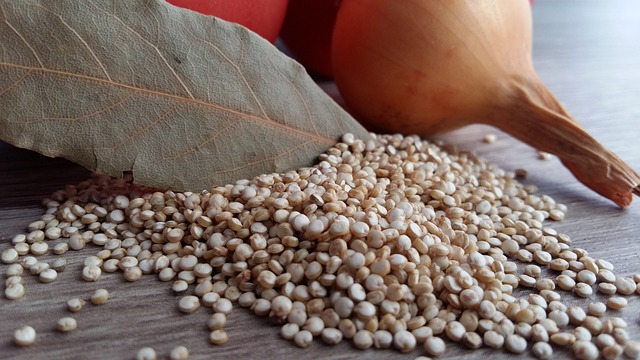
Quinoa is called a ‘superfood’ because of its high nutritional value. Quinoa provides proteins, fibers, iron and minerals such as potassium, manganese and magnesium.
If cooked well, quinoa can be introduced at 8 months.
Pulses/Lentils/Legumes
Masoor dal
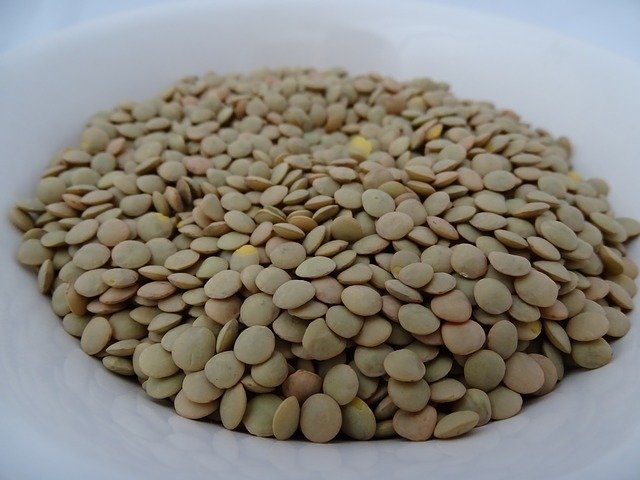
Till 7 months, you must be giving only arhar dal and moong dal; now you can start with masoor dal too. But be observant. Masoor dal may cause gas or difficult to digest for some babies. If so, stop and restart after completion of 1 year.
Though not as nutritious as moong dal, masoor dal provides proteins and energy. You can give masoor dal for the change of taste.
Black Chana
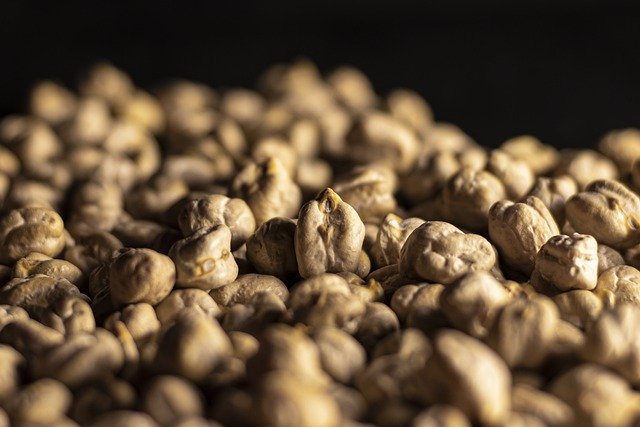
Chana or black gram is very high in iron, proteins and fibers.
But since it is difficult to chew, you cannot give chana whole to your baby yet. But you can definitely give water of boiled chana. Or else, grind few boiled chanas with chana water and strain through a fine sieve. Ensuring that it is soupy enough and does not contain peels of chana, you can feed this to your baby.
Chickpea/Chhole
Chickpea also provides proteins and fibers. It is a rich source of vitamin B9 and manganese.
Unlike black gram, chickpea is softer and easier to chew. Just boil and mash/grind the grams. Do not give without mashing as it can cause choking.
Rajma/Kidney Beans
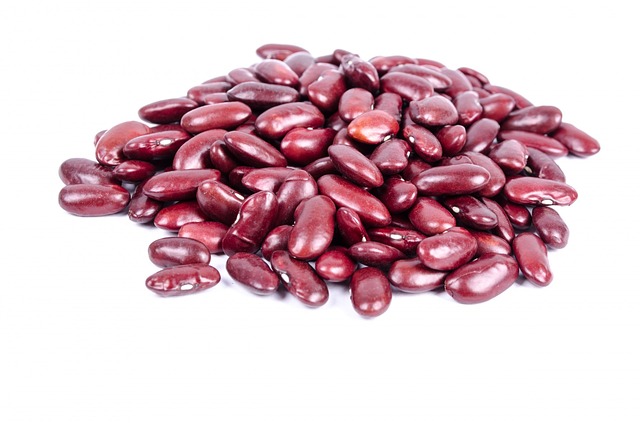
Kidney beans are one of the best sources of proteins and fibers. These are also rich in vitamin B9, iron, phosphorus, copper and manganese.
Start with very less quantity. Observe the child for any gas issues or indigestion.
Vegetables
Spinach
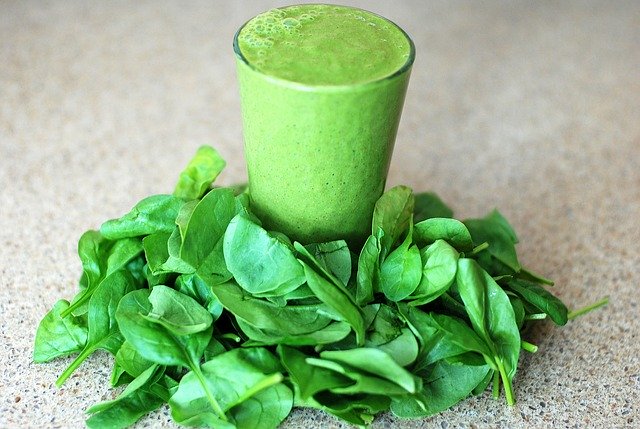
Spinach, though very healthy, is not suggested for very young babies due to high amounts of nitrates which can be difficult to digest.
But you can start it at 9 months. Give small amounts of cooked spinach (2 spoons in pureed form).
Spinach is rich in vitamin A, vitamin K, vitamin B2, B6, B9, vitamin E, vitamin C, iron, and list is still long. So it is one of the healthiest options.
Broccoli
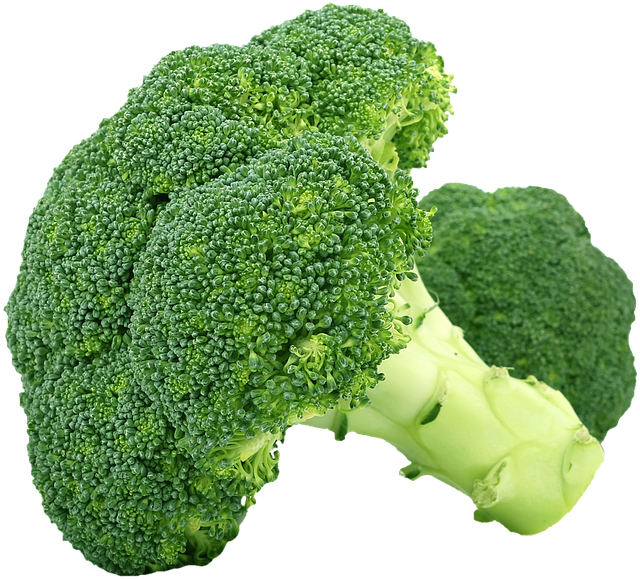
Broccoli again is a very healthy vegetable. You might not know, but the vitamin C content of broccoli is even higher than oranges. Broccoli also provides proteins, vitamin K, vitamin B9, potassium, manganese, and iron.
Cauliflower
At 8 months, you can start with cauliflower also. It is very rich in vitamin C
Be observant, it may cause gas.
Cabbage
Similar to cauliflower, cabbage too may cause gas, so not advised before 8 months. Now you can start.
Cabbage provides vitamin C (less than cauliflower).
Beetroot
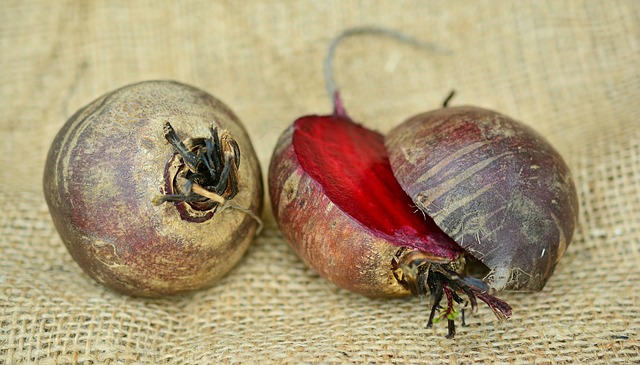
Beetroot provides iron, vitamin B9, vitamin C, manganese, and potassium.
But since beetroots are high in nitrates and oxalates, do not give more than 1 spoon a day (in pureed form).
Cucumber
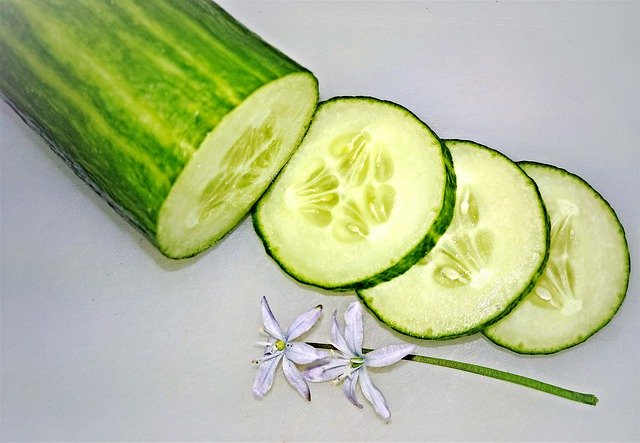
Cucumbers provide variety of vitamins. These can be started at 8 months, but may cause gas, so need to observe.
Ridge Gourd/Tori
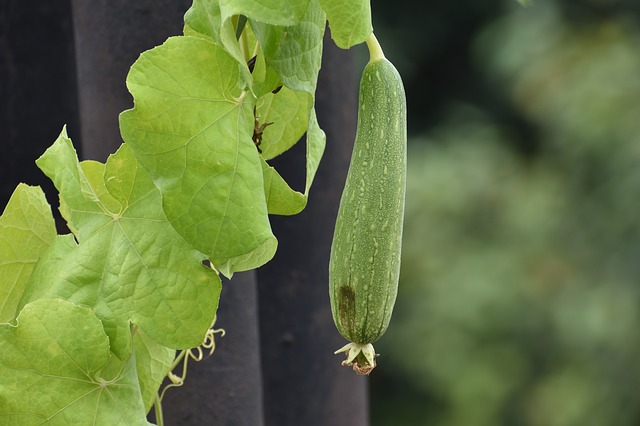
Ridge gourd is an average source of vitamin A and vitamin C. It has anti-inflammatory and anti-microbial properties. It also prevents from allergies.
Tinda/Round Gourd/Apple Gourd
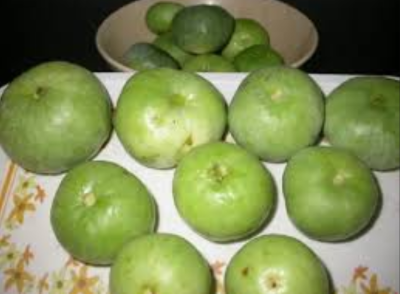
Tinda is another member of ghiya-tori family. It is a brilliant source of vitamin C. It is mostly water and fibers, thus helps combating acidity and constipation.
Garlic
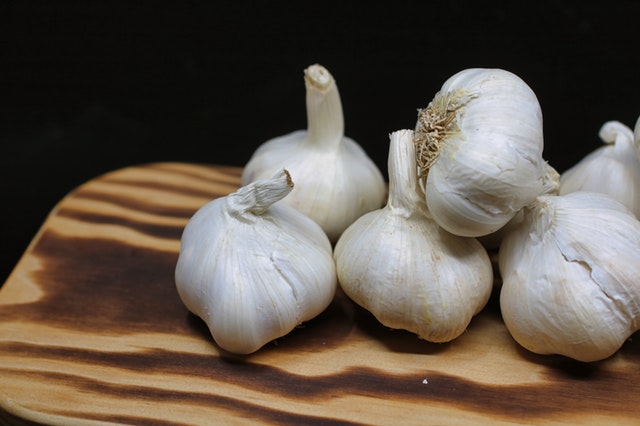
Little amounts of garlic can be introduced after 8 months. Garlic is very good for improving immunity. Add half a clove in other foods while cooking.
Fruits
Strawberry
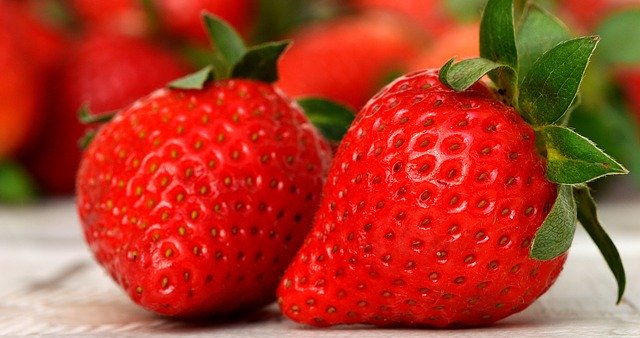
Strawberries are an extremely rich source of vitamin C.
But strawberries are sour. So I always mixed strawberries with some other sweet fruit to neutralize the sourness.
Pineapple
Pineapple can be given at 8 months in puree form or as a finger food (if baby can eat). Make sure thorns are very properly removed and the fruit is not sour. If it is sour, mix it up with sweeter fruits.
Pineapple is very rich in vitamin C.
Mango
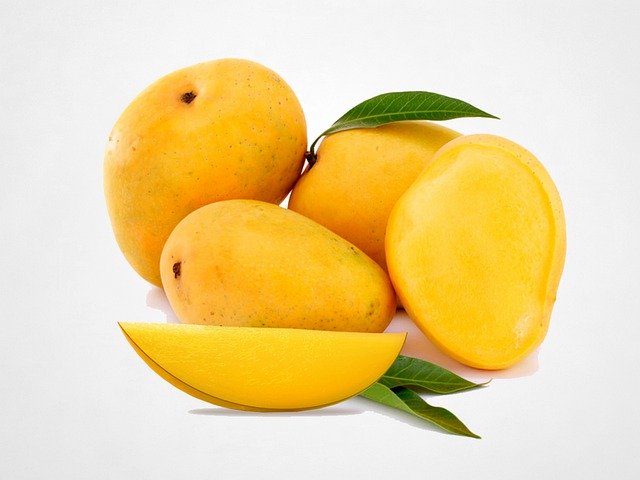
Mango is good source of vitamin C and vitamin A. You can start at 8 months, but make sure it is cooled properly.
Papaya
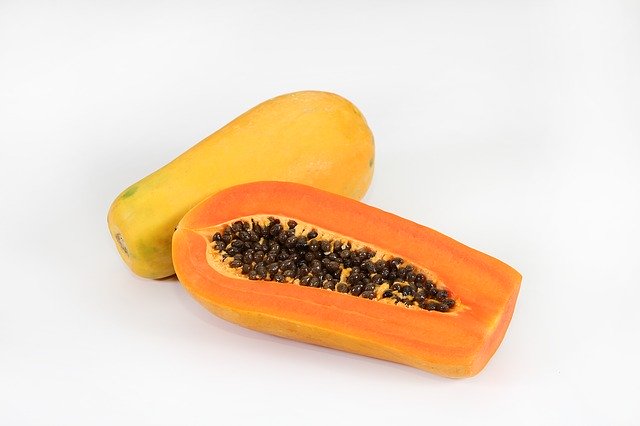
Papaya again is a brilliant source of vitamin C and a good source of vitamin A also. Papaya helps in relieving constipation.
Cherries
Cherries contain vitamin A and little amount of vitamin C.
Introduce cherries at 9 months, and since they have thicker skin which can stick into baby’s throat, it is better to be given in paste form.
Grapes
Grapes contain little amounts of few vitamins, but are otherwise healthy for eyes, heart and overall health.
You can start grapes at 9 months, and should be given as paste due to thick peel.
Kiwi
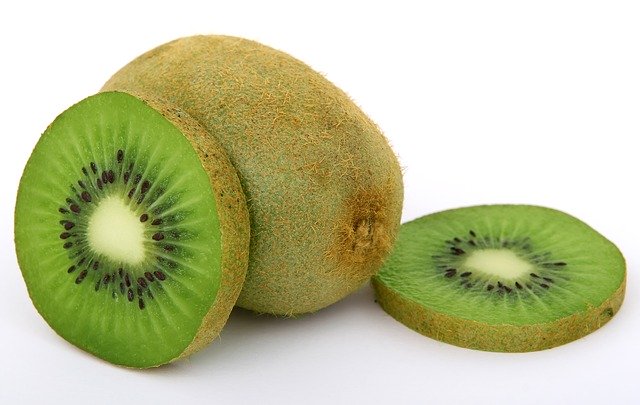
Kiwi is extremely rich in vitamin C. Since it is acidic, it is advised to introduce it a little later. You may try introducing it at 9 months.
Make sure the fruit is not sour.
Add-ons
Curd
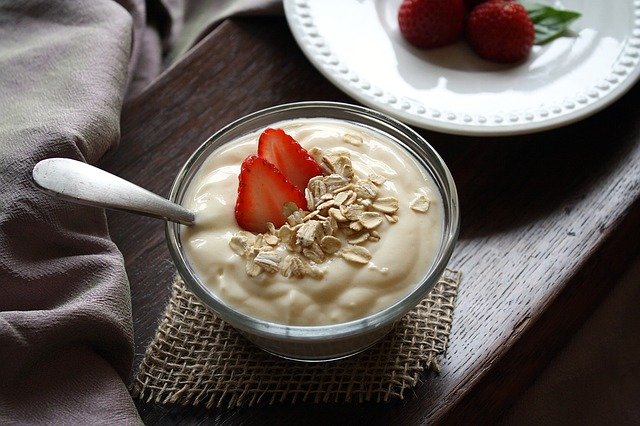
Since curd is made from milk, it is very rich in proteins and calcium. Curd is also rich in vitamin B12, vitamin B2, and phosphorus. It is also a very good probiotic and thus helps in easy digestion and immunity building.
Curd should be started at 8 months. Start with small quantities.
Now you may think that why curd is good when animal milk is not even allowed.
See, there are two reasons for not giving animal milk. First, it is not as nutritious as breast milk or formula milk, and second, it is difficult to digest.
As curd, you are not giving the animal milk as the substitute of bm or fm, so there is not point of the nutrition. And as curd, it becomes easier to digest. So yes, you should not give animal milk before 1 year, but you can give curd made up of animal milk.
Sesame Seeds
Sesame seeds (Til) are very good source of Calcium, vitamin B6, magnesium, and dietary fibers. Mix some sesame seeds in the baby’s semi solid meals.
Dry fruits
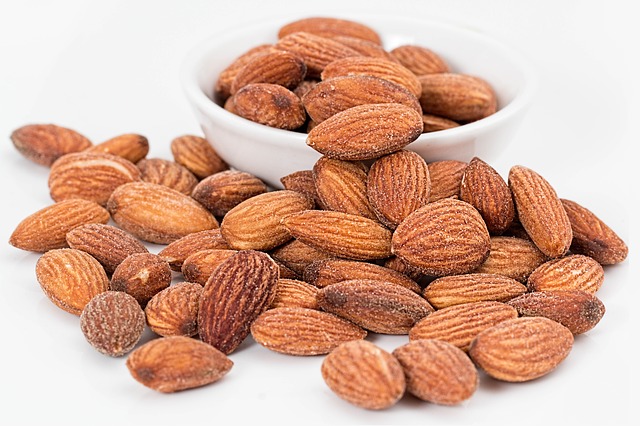
Giving dry fruits before 1 year is a debated topic. When my kid was 7 months old, I researched on this topic a lot (because I was eager to start giving her dry fruits owing to their high nutritive values) and I found that earlier it was suggested to not to give dry fruits before 1 year due to the risk of allergies, but later, it was found that giving it before 1 year in fact decreases the chances of developing dry fruit allergies in future and so dry fruits can be and should be introduced.
So at 8 months, you can definitely start with dry fruits, but be careful.
Soak the almond or walnut in water for few hours and then rub it against a rough surface to make a fine paste.
Start with half almond and gradually increase to 1. By the age of 10 months, I was giving one almond and half walnut to my daughter daily.
You can give 2-3 soaked and mashed raisins too. Soaked raisins are very good for constipation too.
Do not give cashew yet.
.
I hope you found this list helpful. Again mentioning, these are in addition to the List of foods for 6-8 months old babies. In case you haven’t read it, please do.
Next , I am going to post balanced meal plan for 8-10 months old babies. Please like/Follow the Facebook Page , so that you get notified when I upload.
Connect on Instagram for quick tips and daily updates.


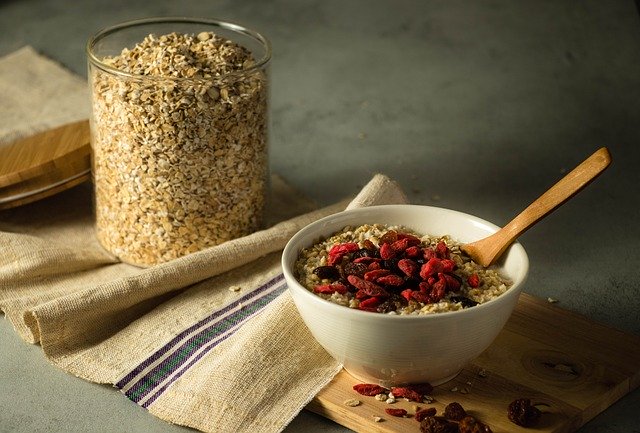
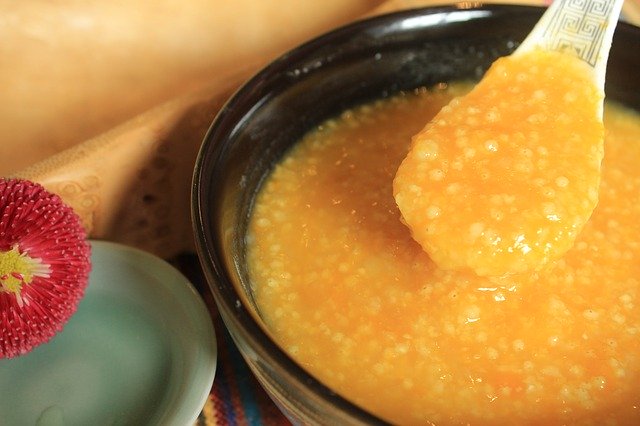
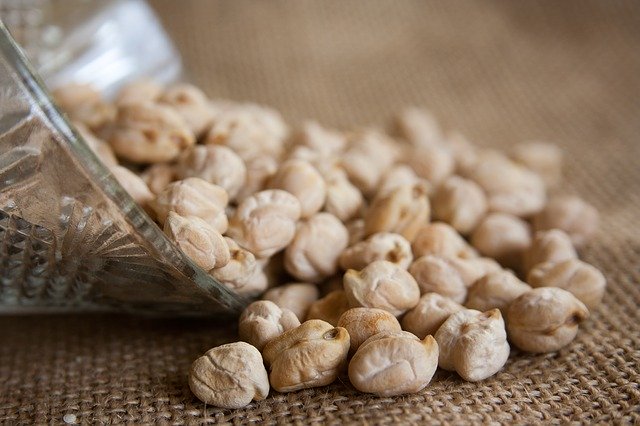
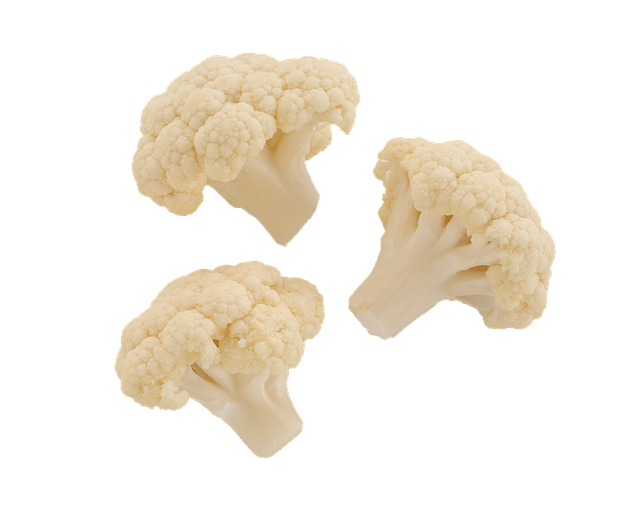
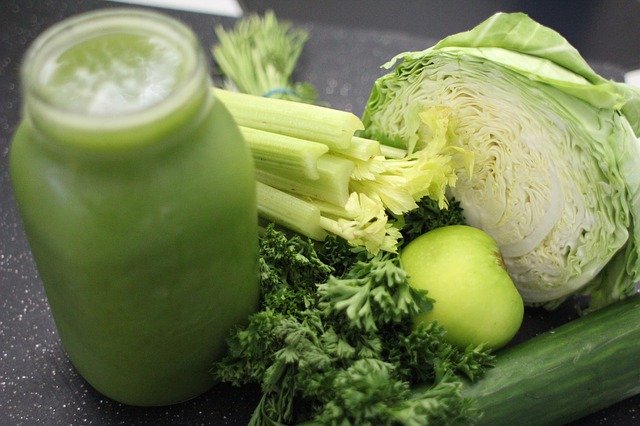
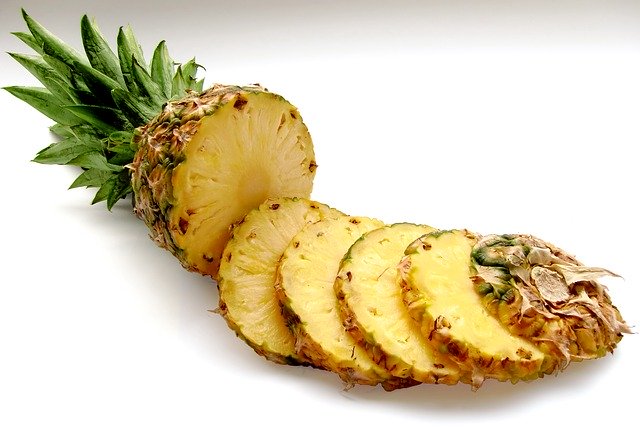
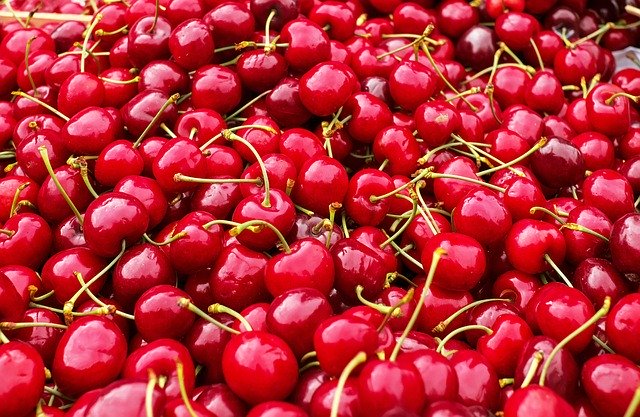
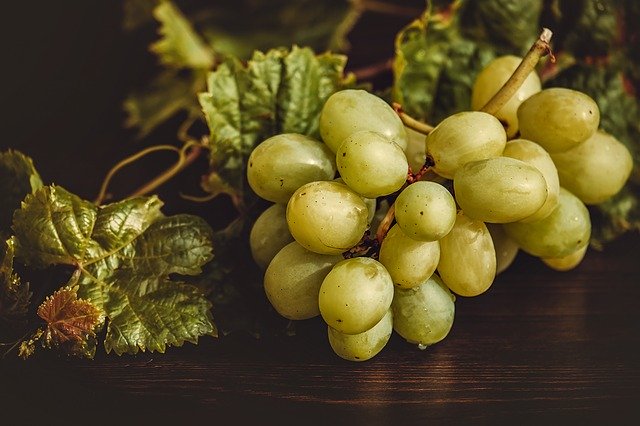
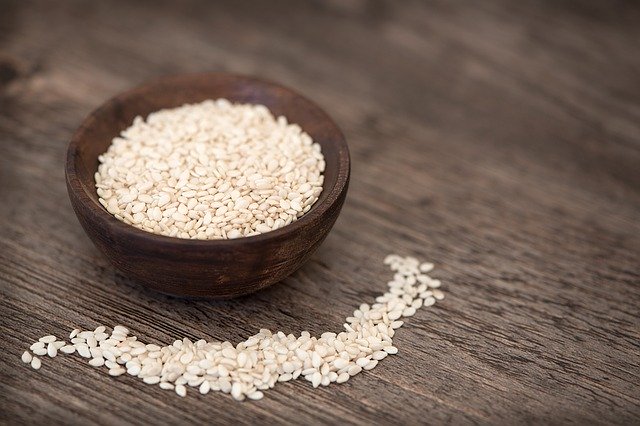
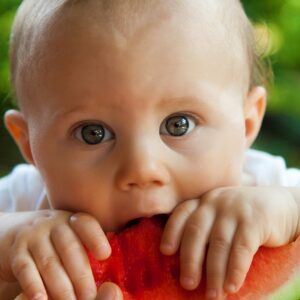

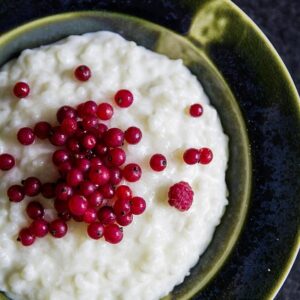

2 thoughts on “List of Foods for 8+ months old babies”
Comments are closed.